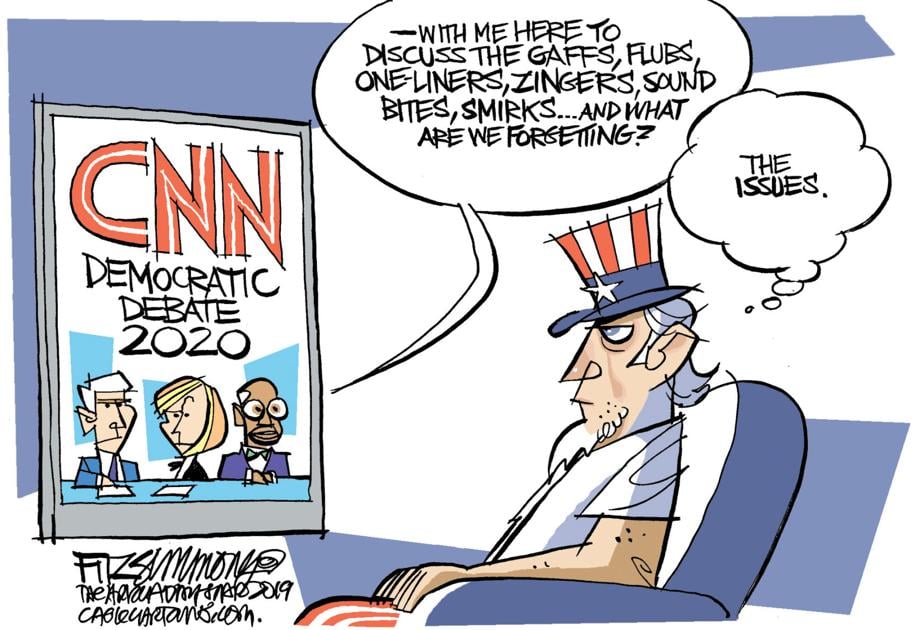The Supreme Court ruled for the administration in a key immigration case, determining that a federal law limiting an asylum applicant’s ability to appeal a determination that he lacked a credible fear of persecution from his home country does not violate the Constitution.
The ruling means the administration can deport some people seeking asylum without allowing them to make their case to a federal judge. The 7-2 ruling applies to those who fail their initial asylum screenings, making them eligible for quick deportation.
Vijayakumar Thuraissigiam, a Sri Lankan national, had crossed the southern U.S. border without documentation in January 2017, was apprehended within 25 yards of the border, and detained for expedited removal.
According to court documents, he said he was afraid of returning to Sri Lanka because he had once been abducted and beaten by a group of men, but did not know who they were or why they attacked him. At the time, he said that he did not fear persecution due to his political beliefs, race, or any other protected characteristics.
According to court documents, he said he was afraid of returning to Sri Lanka because he had once been abducted and beaten by a group of men, but did not know who they were or why they attacked him. At the time, he said that he did not fear persecution due to his political beliefs, race, or any other protected characteristics.









